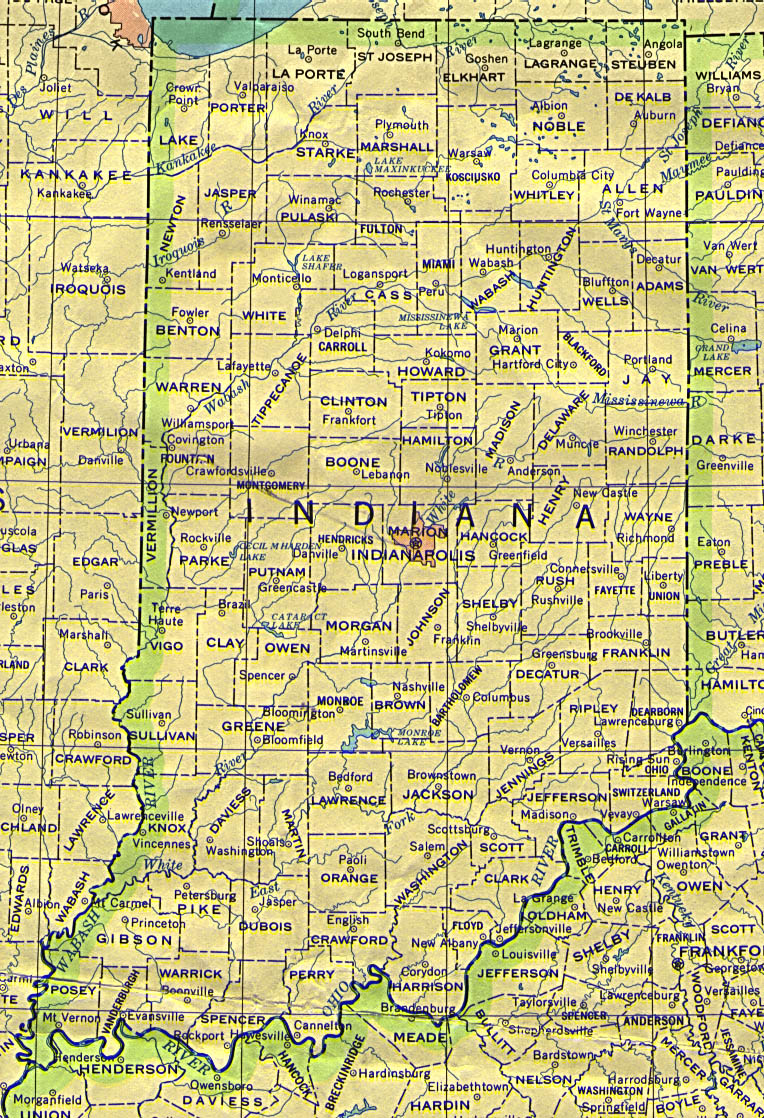Hello, new readers. Welcome to my new endeavor:
He Writes About Words. I hope that you enjoy what you read here, just as I hope that you visit here often.
I'm not new to blogging. For a few years, I maintained a blog that no one read. I shut that blog down last year because I didn't have much time to update it, and I felt that it simply wasn't focused enough. I thought that I tried to tackle too many subjects.
This blog, however, has only one subject: the English language. That may sound like a boring topic to some, but bear with me for a moment as I explain why I believe you'll find some worthwhile reading here, even if you're not an English language geek.
I got the idea for this blog after writing a review of a book called
Born to Kvetch by Michael Wex.
Born to Kvetch is about Yiddish, the once prevalent and still vibrant language of
Ashkenazi Jewry that has provided so many colorful words to American English. As I read that book, I thought of how English has become the global language of the 21st Century. This is so for several reasons, among them the tendency of English to absorb words from other languages and the rather colorful ways in which English speakers tend to add new words to the lexicon through slang, jargon, and other contexts. I suppose you could say that English is the ultimate "sponge" language, which to me makes it infinitely interesting.
I also thought that I would be well-suited to write this blog because my job revolves around the English language. I wrote professionally every day for nearly five years. Now, I teach others how to write and have been doing so for almost nine years. I can't count the number of papers that I have read and critiqued in that time period. Suffice it to say that that number is large.
I am also an avid reader, although I was not one in my younger days. Consequently, I am still catching up on some classic literature, and I'm delving into more contemporary literature. Like many other educators, I think that reading is essential to the development of good writing skills. Reading helps the reader to see words in action and context. I also think that reading can provide more engaging entertainment for the reader than any movie or television program may provide to a viewer. The latter forms of entertainment are passive. They don't require the viewer to contribute anything to the experience (unless, of course, you're talking about the
Rocky Horror Picture Show). A reader, in contrast, must focus on the words, must absorb them, and, importantly, must form his or her own mental picture of the subject that the words portray. And each one of us, in forming this mental picture, contributes his or her own experiences and biases. To me, that's why reading is special.
So where am I going with all of this? Well, you'll see posts on a few different language topics here. First, you'll see reviews of literature that I read, whether it's a book, a short story, or a poem. Second, you'll see posts about language topics, such as slang, usage, and etymology (i.e., the study of the origin and history of words). Along the way, I'll try to bring my own somewhat warped perspective on these topics.
So, welcome, and enjoy!
 I regard professional sports team names with some ambivalence. This is particularly so in the era of modern sports, where names for new sports franchises are often chosen by fan vote. As a result, we have ridiculous monikers like the Minnesota Wild, the Toronto Raptors, the Colorado Rockies, and the Columbus Crew. The Kansas City club in Major League Soccer began life as the "Wiz" before the name was changed to the Wizards.
I regard professional sports team names with some ambivalence. This is particularly so in the era of modern sports, where names for new sports franchises are often chosen by fan vote. As a result, we have ridiculous monikers like the Minnesota Wild, the Toronto Raptors, the Colorado Rockies, and the Columbus Crew. The Kansas City club in Major League Soccer began life as the "Wiz" before the name was changed to the Wizards.
